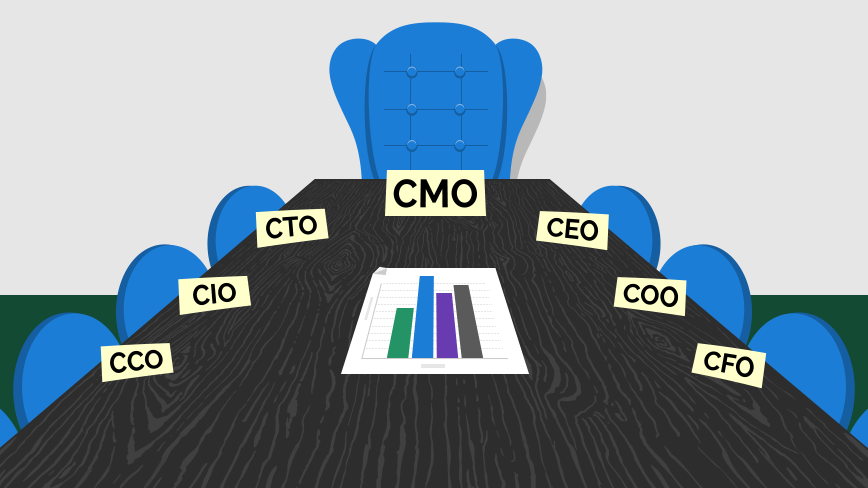As reams of digital data make it possible to know our customers better than ever before, the Chief Marketing Officer is often leading the way when it comes to leveraging data to better serve customers and bolster the bottom line. By doing so, many CMOs may also increase their own influence as organizations grow to be even more customer focused.
“The ability to create measurably successful marketing initiatives built on customer insight has increased CMOs’ credibility in the C-suite,” Tom Seclow said in a statement. Seclow leads executive search firm Spencer Stuart’s marketing practice.
The rising CMO influence echoes Forrester research from the fall. In a blog post the company wrote: “CMOs will step forward and take responsibility for turning the enterprise toward the customer, evolving their role into the engine that fuels customer-centric company growth. It’s time for CMOs to cultivate the trust, respect, and collaboration across the entire C-suite and use that influence to ask for the right to not only hold but also turn the keys to the customer.”
With more sway than ever when top executives gather, CMOs are also forging stronger partnerships with their technology counterparts, as marketing becomes the biggest investor in technology after IT.
Some CMOs are also making the leap from the world of brand and marketing to taking the helm of the business by transitioning into the role of CEO, or assuming control over critical parts of the firms in addition to their responsibilities as marketers.
From McDonald’s to Target to JetBlue to Converse to GE—the list of companies where the CMO role has served as a stepping-stone to the big promotion is growing longer.
“I’m still responsible for leading brand strategy and marketing,” Converse’s Jeff Cottrill, who was elevated from his post as CMO to vice president and general manager of brand and segments this year, told Forbes. “But I have the added responsibility for being general manager for each of our businesses, with teams that are cross-functional teams coming together to focus on a common consumer,” he said. “We have gone from functional-segment to consumer-segment offense.”
“I do think that CMOs and the profession [are] getting better,” Spencer Stuart Senior Partner Greg Welch told Forbes. “And when I think about the support that a sitting CMO has today—a better dashboard, metrics, science that’s better understood by the boss, other agency partners you can lean on—I felt like in the early days, no one had the answers—there was a concerned look in everyone’s eye—now we’re getting a cadence; we’ve seen the profession grow up in the last several years.”
While the CMO role might be a way to increase your influence and move up, it only happens for those able to harness the power of data-driven consumer insights. Marketing will likely always be part science, part art, but now the science is getting more specific and those able to set up a data framework and make the most of new tools will drive results. And that’s a sure way to earn respect from your colleagues.

